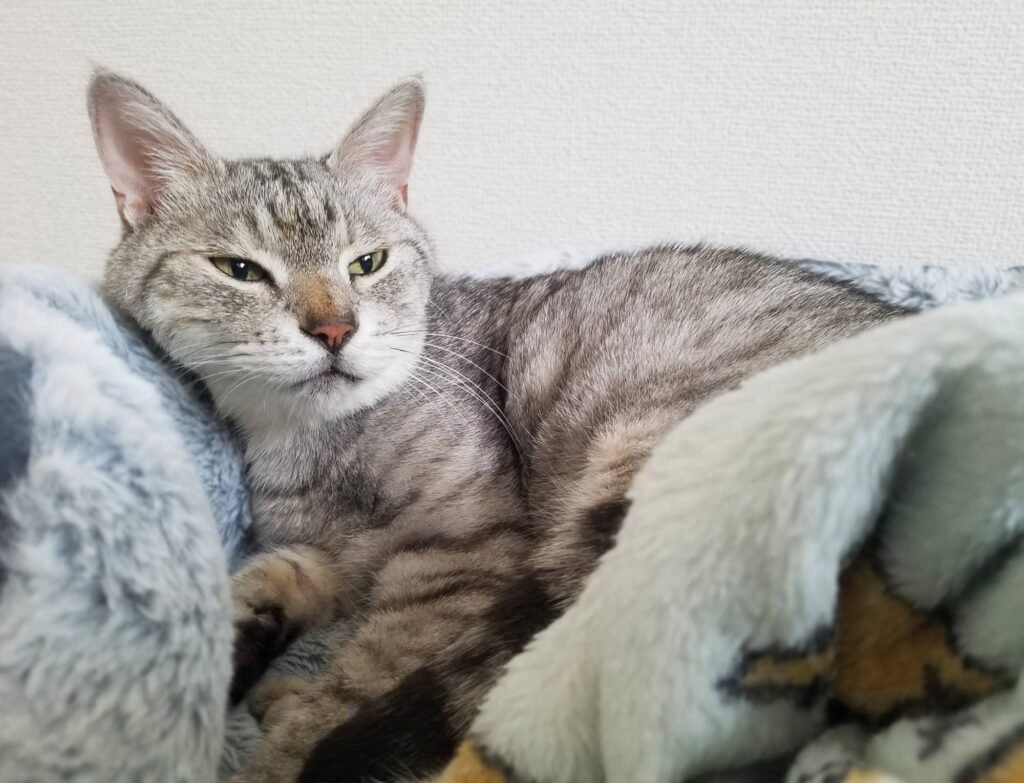Is a Chatty Catty? Are you someone who always seems to converse along with your pet cat? If so, don’t worry. Many people have cats and experience what is being chatted catty of themselves. To develop a good relationship with your pet, it will be wise for you to know why cats vocalize and how to respond when they do so. In this blog post, we will look at what it means for a cat to be talkative, types of cat vocalizations, and valuable ways of interacting with your chatty.
Table of Contents
What is a Chatty Catty Mean?
Is a Chatty Catty refers to a cat that talks frequently. Compared with their counterparts who do not speak much, these cats are noisy. As such, the sounds these animals make vary from meows, purrs, and hisses, among other forms of speech. Each noise has its particular significance that reveals the feeling or need of a given feline.
Cats might meow, purr, and hiss as signs for different reasons, like attention-seeking purposes. Knowing these sounds can help improve the relationship between you and your cat while fulfilling its needs.
Understanding Cat Vocalization
As the primary mode of communication amongst themselves and towards humans, such as talking over pets’ heads, their voice range may appear minute compared to human beings, but each sound speaks volumes.
Moreover, body language is an integral part of feline communication and vocalizations. There is always some meaning behind every move a cat makes when communicating verbally, including posture, ear position, tail movements, etc., which goes a long way in interpreting their mood state or intentions through sound alone, e.g., raised fur plus a hissing sound means aggression. In contrast, a contented kitty usually purrs with relaxed muscles.
Reasons Why Cats Become Very Talkative
Several factors can contribute to chattiness among cats. Some breeds, like Siamese ones, are more prone to being vocal. Also, cats can be driven into excessive talk by changes in the household or the presence of other animals.
Cats may choose to talk a lot when they’re hungry, lonely, or simply seeking attention. Knowing what usually triggers this behavior will enable you to identify the root cause of your cat’s voice problems.
How to Respond as Your Cat Chats
You must respond accordingly to your cat’s vocalizations. Failing to do so could create dissatisfaction for both you and the animal. Look at the context of the meowing and then decide how best to react.
A well-timed meal can address hunger-induced meowing in case a noise comes from your pet. Spending more time with your friend would also help in cases where he wants attention-seeking behaviors. However, if these sounds become too frequent, it might mean something wrong, like an illness due to external stress that needs veterinary assistance.
Case Studies and First-Hand Experiences
Numerous cat owners have had stories about having pets that are prone to chatting a lot over them all day. For example, Luna, who belonged to Sarah, was a Siamese cat owned by one proud lady. At first, Sarah found herself overwhelmed by Luna’s constant meowing, but eventually, she turned it into a meaningful conversation by understanding its needs and responding correctly.
On another note John realized that his cat Max was often talkative because he was bored stiff. To stop having loudmouth cats around him all day, John bought new toys and set aside extra playing time for Max.
Conclusion
Your relationship with your cat will improve if you appreciate what they say and react appropriately. To cater to her pussy’s needs in a better way, knowing different kinds of sound calls made by cats themselves and their meanings will be pretty helpful. We would love you to share about what happens with your Is a Chatty Catty below. This way, we shall form a community of considerate and enlightened cat owners.


